As old as the conflict: Perspectives from two 10-year-old Syrian refugees
It’s a country they barely remember. They hang onto each word, story, picture from home hoping they will remain connected somehow — yet for 2.5 million Syrian children whose families have fled to other Middle Eastern countries, it remains the home they long for.
Egypt, Iraq, Jordan, Lebanon and Turkey host more than 5.6 million Syrians. The biggest refugee group in the world, the past 10 years of conflict have cast them across 130 countries
In a region beset by crises, the World Food Programme is providing assistance in these five countries for nearly 2.2 million refugees and the communities hosting them — 1.5 million of these are Syrian refugees.
Egypt
Shady was born in 2011 — the year conflict turned the country upside down.
“I’ve only seen Syria in the movies. It looked so beautiful,” says Shady, a Syrian 10-year-old refugee who has been living in Egypt since was six months old.” He adds: “I love Egypt but Syria is my country, I wish I can go back.”
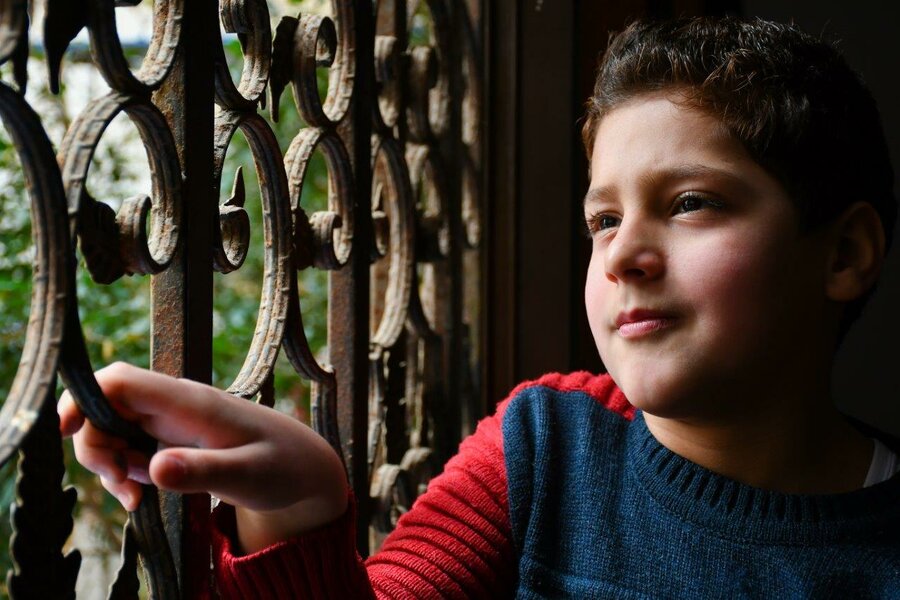
Shady’s family fled Syria to Egypt 10 years ago searching for a safer, more stable place to call home and settled in the Mediterranean city of Alexandria.
Just like all Syrian families, Shady’s parents want their children to have a very strong sense of identity, regardless of whether they had actually seen their homeland or not. They wish their kids could visit Syria one day but, for now, their priority is to give them a proper education, a brighter future and a sense of normalcy in their temporary home.
WFP has been providing refugees with electronic vouchers redeemable for food items at contracted retailers. With the outbreak of the COVID-19 pandemic, WFP switched its assistance moved to unrestricted cash assistance, allowing refugees to redeem their assistance through a financial service provider at service points available across Egypt, minimizing mobility and risks of exposure to COVID-19.
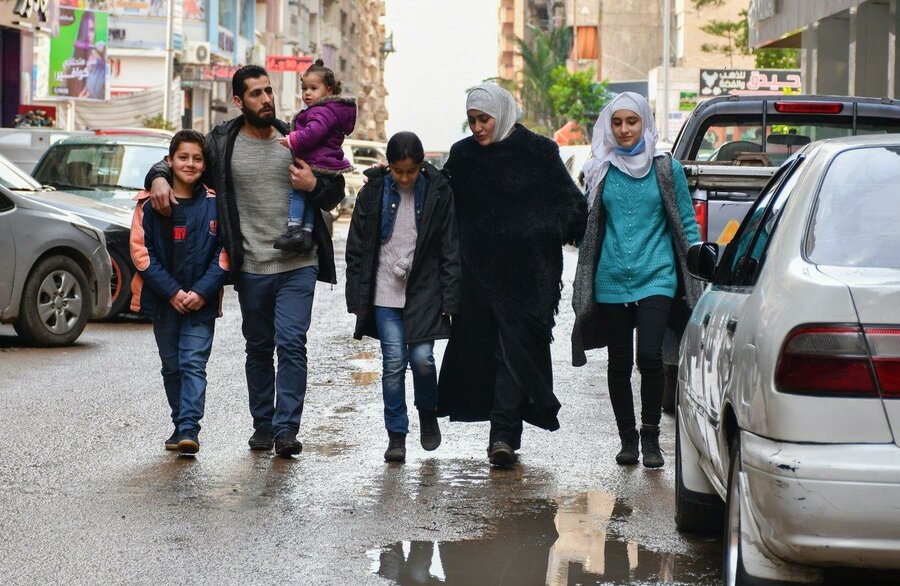
Shady has three sisters, two older sisters and a younger one. Only the eldest, Shaza who has just turned 13, can recall some faded happy memories of her childhood days in Damascus. The few photos they carry around give a little insight into the joyous life they once had in Syria.
“It used to be fun; it’s so much different now. We know no one here,” says Shaza.
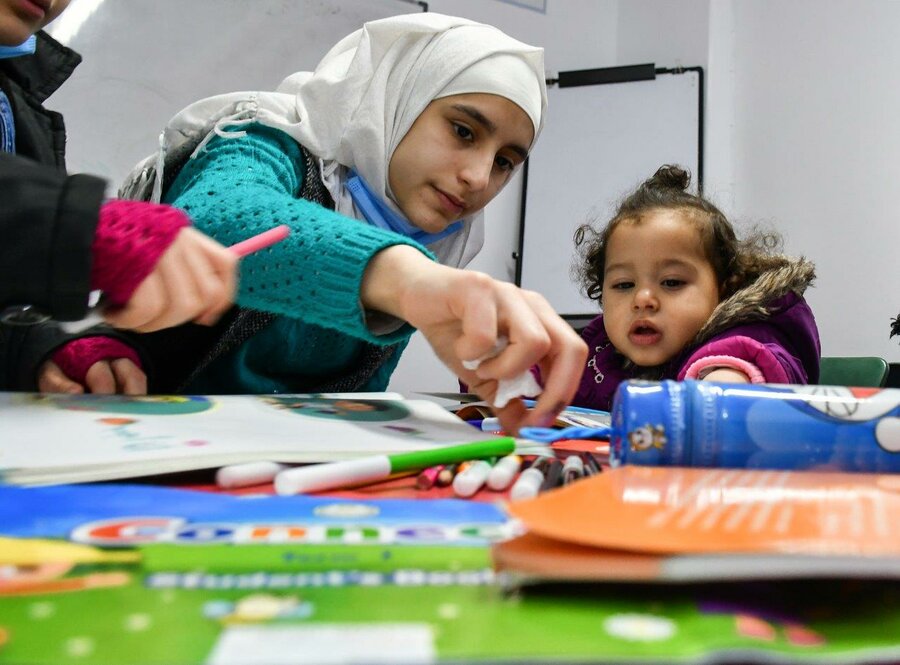
Shaza longs for her walks with her mother in Al Hamadiya market near the Ummayad Mosque where pigeons flew all over the place and she always made sure she had crumbs to feed them.
Khaled, Shady's father, is a day-labourer without a steady source of income. His wife Nour looks after the children at home. He says that it’s only because of WFP cash assistance from (WFP) that he can put a roof on his family’s head and provide enough food for them.
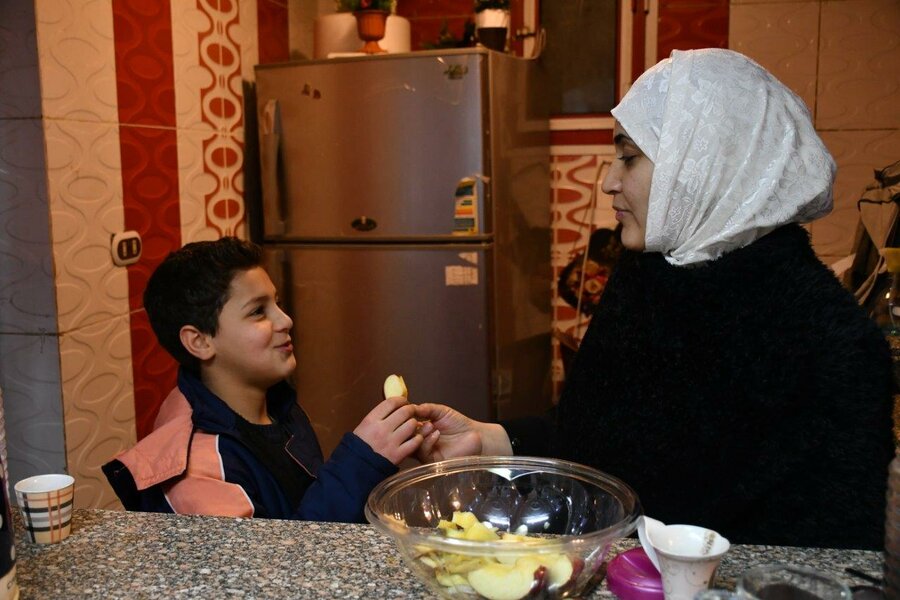
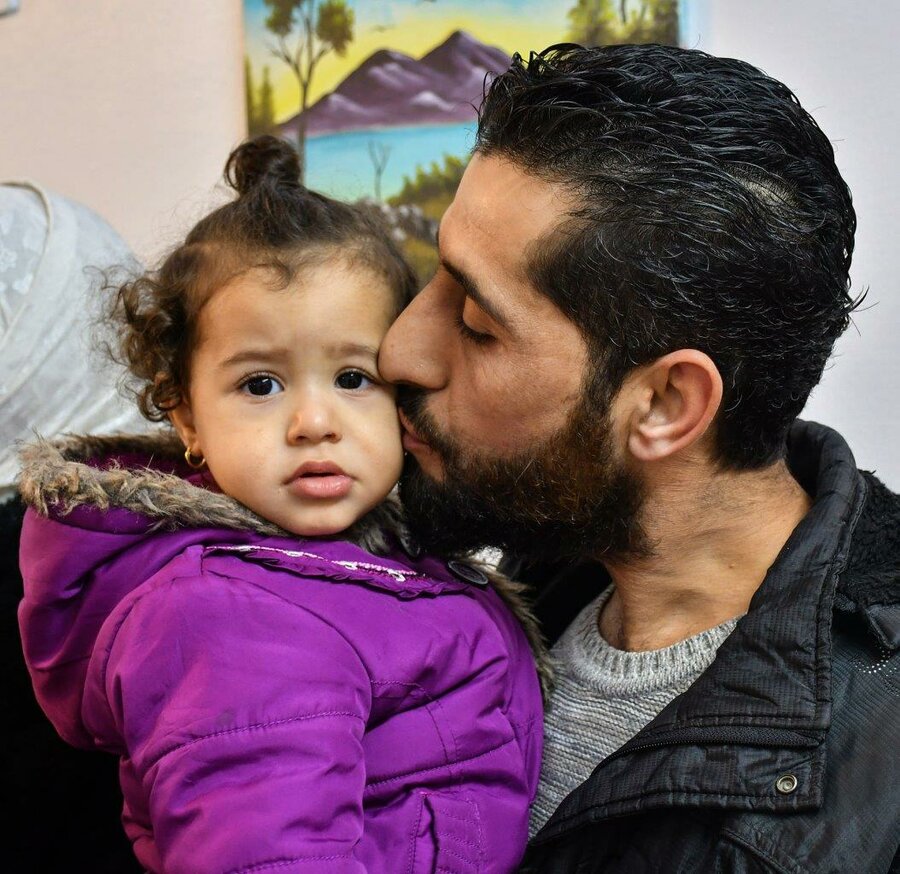
Despite a decade of living in exile, he remains hopeful that one day, they will return home. “One day they will go back to Syria and be reunited with the rest of their family. They will see everything I told them about with their own eyes and they will love their country even more.”
Turkey
More than three million Syrians now live in Turkey — the largest refugee population in the world. Almost half of these are children.
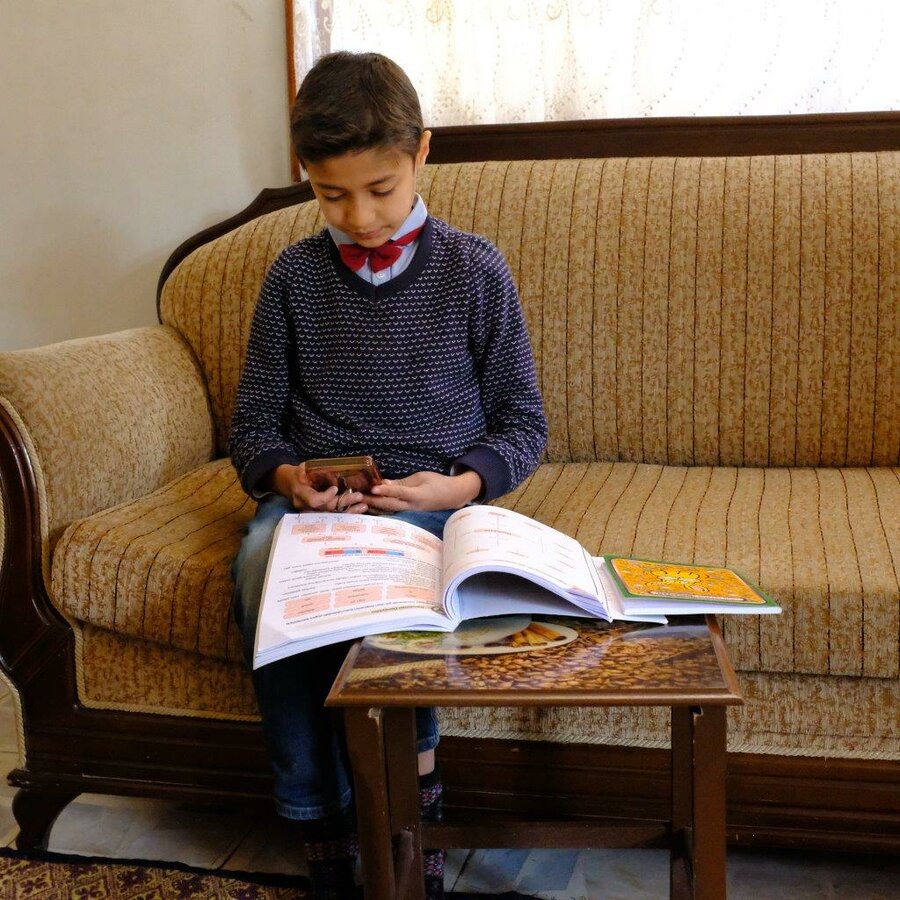
Abdulrafea lost his father in 2013. One year later, his mother Hala, 28, decided to leave behind the family’s vandalised house in Aleppo and flee to Turkey to spare Abdulrafea and his sister, Fatima, the suffering in Syria. After spending six months in the south-eastern province of Gaziantep, the family settled in the Hatay – in south Turkey.
Abdulrafea’s mother, Hala, says her son asks her frequently about what life in Syria used to look like before. He also reminds her from time to time that he experienced the conflict as well. “When I talk about our life during the conflict with my family, Abdulrafea interferes to say that he too went through this,” she says. Being the family’s sole caretaker, Hala had to work in many places to provide for her kids before joining WFP’s livelihoods programme, the Kitchen of Hope that aims to equip both Syrian refugees and vulnerable Turkish citizens with culinary skills and widen their career prospects.
Driven by her love for cooking, Hala joined the project in July 2020 and is currently doing on-the-job training. “I would love to work in the culinary sector because I enjoy cooking and I need to provide for my family,” she says.
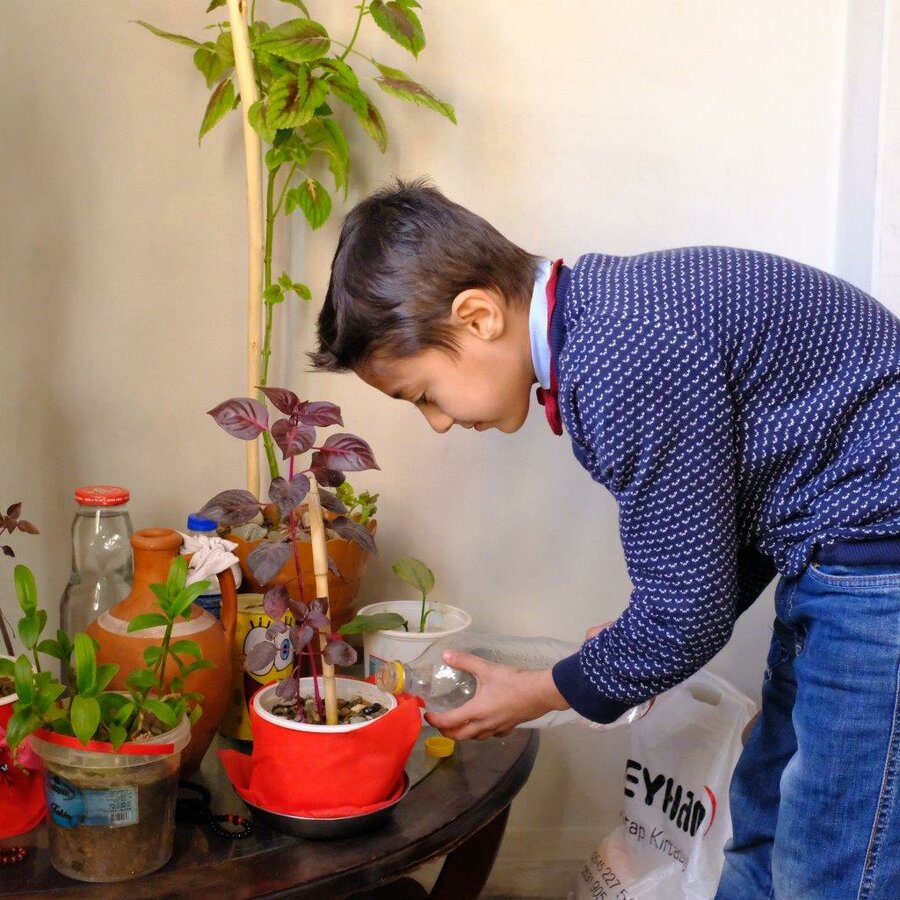
Although Abdulrafea left Syria at a very young age, some things are still stuck at the back of his mind. “The sounds of war planes and bombing still ring in my ears,” he says. But some good memories still live with him; like the taste of the foods he loves, especially Syrian cheese that he remembers well.
As he talks of the atrocities of the war and describes rushing to his mother to hide in her arms, he says he didn’t come to Turkey with empty hands. “Some of the toys I used to play with in Aleppo are here with me. Others were stolen!”
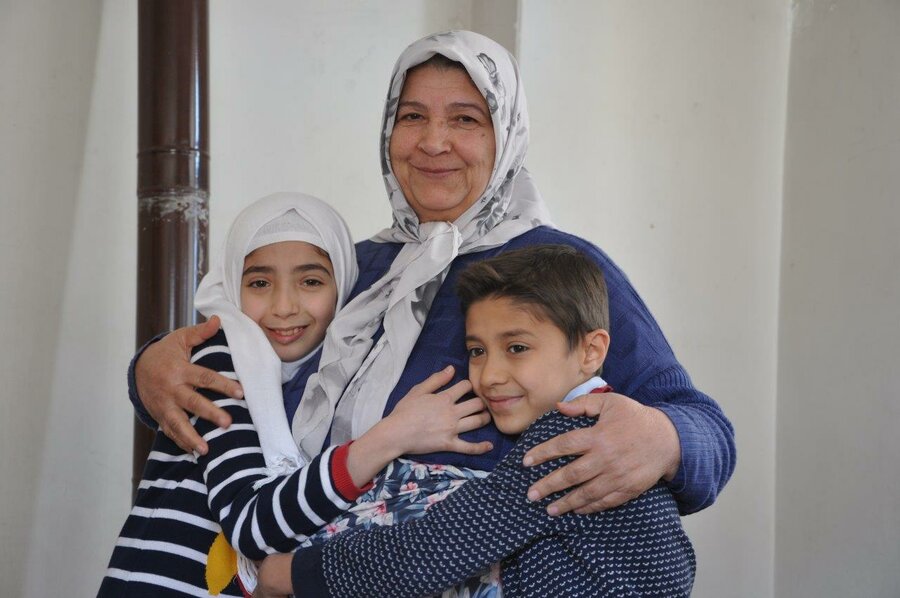
Back in Aleppo, Abdulrafea used to enjoy playing with his cousin in the empty yard in front of his house. This is just impossible now! “There are a lot of cars here, I can’t play outdoors,” he says.
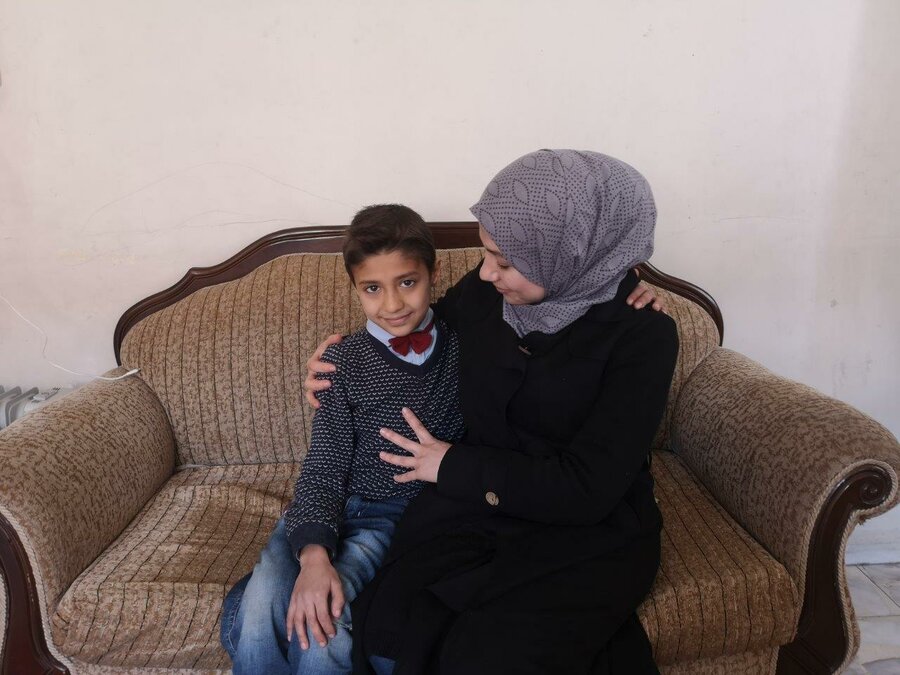
Abdulrafea, who hopes he would return to Syria one day, carries his country on his sleeves. Raised in Turkey, the ten-year-old is fluent in Turkish. He never misses a chance to explain to his friends the situation in Syria. “I always tell my classmates that people in Syria are dying,” he says.
“I want to go see my country but without war!”
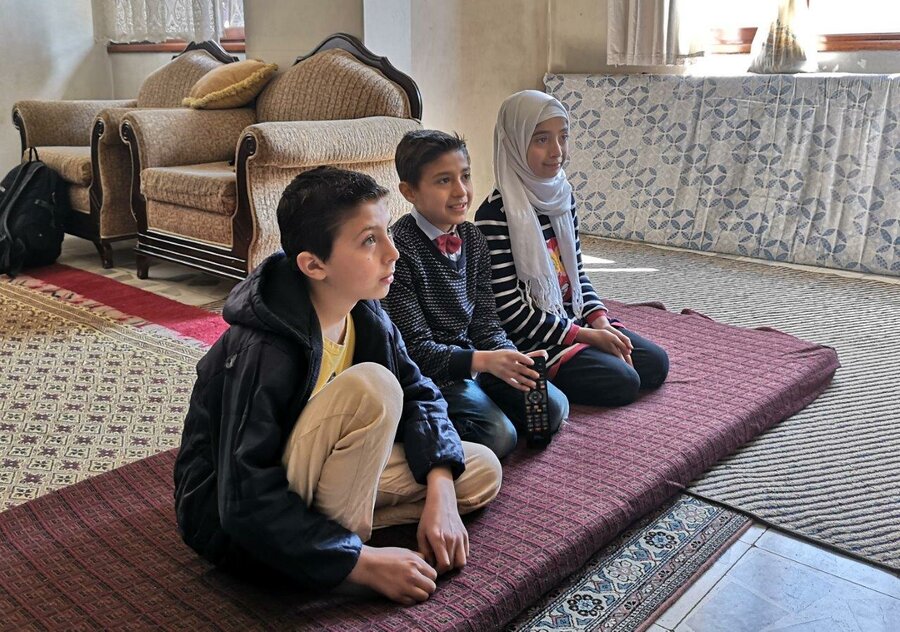
Hala, from her side, tries to preserve her children’s relationship with their country as much as possible through language. “I sent them to Arabic classes,” she explains. Hala also cooks local food to remind her children of their home country’s flavours.


